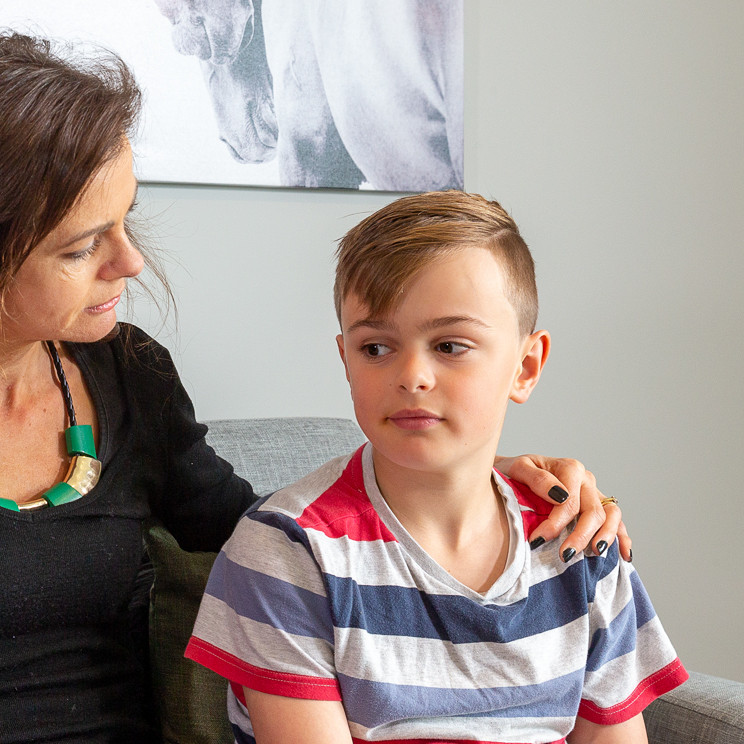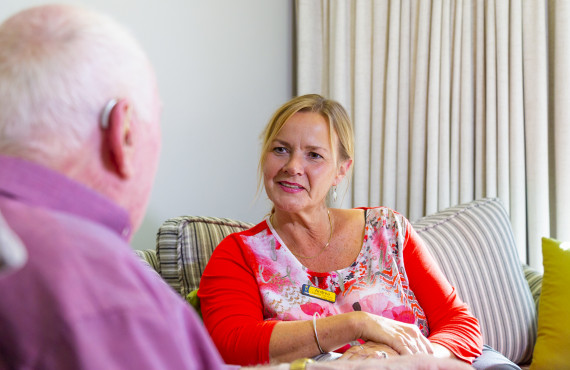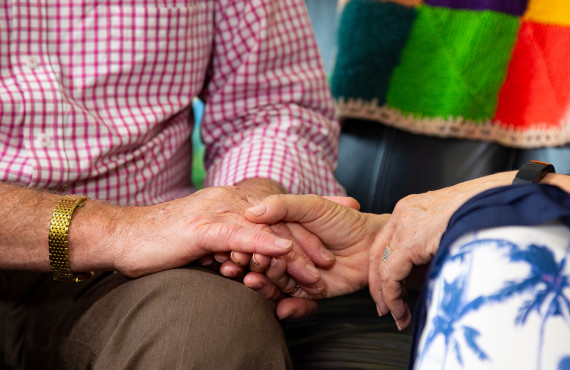Grieving is the process of adjusting to your loss and learning to live with the changes it brings to your life. Grief is often accompanied by strong and painful feelings that change frequently.
People grieve differently
Everyone responds to loss and shows their grief in different ways. Some people may prefer doing things, while others like to talk about the person and cry. There is no right or wrong way to grieve. By allowing and respecting differences in how a person grieves, you are less likely to misunderstand each other.
Grieving is an up and down process
People sometimes speak of the stages of grief, but it is an up-and-down process for most people. You might find there is a time of day, a song, a smell, an anniversary, or something you used to do together that reminds you of them, and suddenly you feel emotional.
Grieving changes over time
When people find grief particularly hard, they sometimes worry that they’ll be unhappy for the rest of their lives. For most people, it isn’t like that. After a while, the hurt will lessen. Coping with grief doesn’t mean getting over the loss; it’s about finding ways to live with it and adjusting to life being different.
How long does It take?
Sometimes other people may expect you to be back to normal after just a few weeks or months. For many people, though, it takes a long time before the loss is no longer overwhelming. Try to be patient with yourself. Giving yourself time to grieve allows you to acknowledge the person, your love for them, and make sense of everything that has happened.

How does grief feel?
Grief is not just sadness. It’s a whole range of feelings and experiences. Your mood may change but that is normal.
- Numbness
- Sadness
- Anger
- Loneliness
- Relief, guilt and regret
- Fear and panic
- Depression
- Rejection
- Confusion and forgetfulness
- Being very tired
- Dreams and visions
- Physical effects
- Anniversaries and other special times
How can you help yourself?
Grieving can be hard work, but the year(s) ahead don’t need to be a time of constant sadness and distress.
- Remember you are not alone
- Try a support group or a grief group
- Get plenty of rest
- Set yourself small, achievable goals
- Keep decision-making to a minimum
- Ask others for help
- It’s normal to feel angry
- Try to eat well
- Pamper yourself
- Learn ways to distract yourself
- Try keeping a journal
- Get some exercise
- Have something to look forward to
- Look after your memories
- Try to find spiritual piece
- Remember other difficult times you had
Helping children in your family
When there is a major loss in the family, everyone is affected. Children and teenagers feel grief just as adults do, but they may express it differently. Being there for your children is especially hard when you are grieving yourself. Letting others help is important. Extended family, friends and school can make a big difference.
What professionals can offer
It can help to talk to a professional counsellor who is experienced in dealing with grief. Counsellors usually charge a fee, but some agencies offer a free or small fee service.
See what psychology and counselling services are available in your local area.

We have free counselling and psychological services for people with cancer and their family/whānau.

Are you supporting someone with cancer? Here are resources that can help you look after yourself and…

Everyone copes in their own way when they hear they have cancer.

There may be support and benefits available to get you through your treatment.
We know that going through cancer is tough and can raise many questions. You are not alone.
We have health professionals to answer your questions and provide the support you need.
Get in touch
